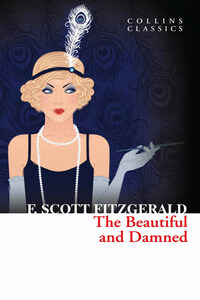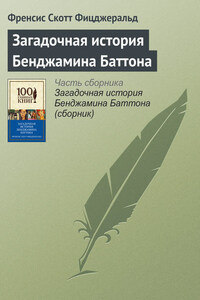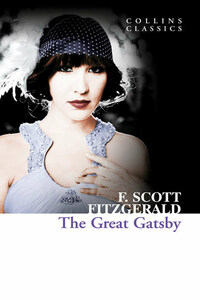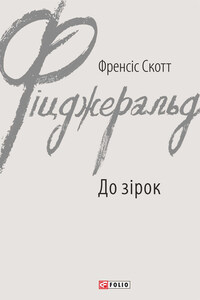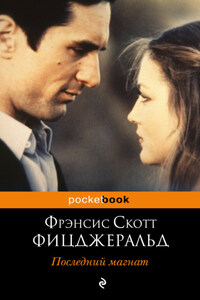In 1819, millworker William Collins from Glasgow, Scotland, set up a company for printing and publishing pamphlets, sermons, hymn books and prayer books. That company was Collins and was to mark the birth of HarperCollins Publishers as we know it today. The long tradition of Collins dictionary publishing can be traced back to the ï¬rst dictionary William published in 1824, Greek and English Lexicon. Indeed, from 1840 onwards, he began to produce illustrated dictionaries and even obtained a licence to print and publish the Bible.
Soon after, William published the ï¬rst Collins novel, Ready Reckoner, however it was the time of the Long Depression, where harvests were poor, prices were high, potato crops had failed and violence was erupting in Europe. As a result, many factories across the country were forced to close down and William chose to retire in 1846, partly due to the hardships he was facing.
Aged 30, Williamâs son, William II took over the business. A keen humanitarian with a warm heart and a generous spirit, William II was truly âVictorianâ in his outlook. He introduced new, up-to-date steam presses and published affordable editions of Shakespeareâs works and ThePilgrimâs Progress, making them available to the masses for the ï¬rst time. A new demand for educational books meant that success came with the publication of travel books, scientiï¬c books, encyclopaedias and dictionaries. This demand to be educated led to the later publication of atlases and Collins also held the monopoly on scripture writing at the time.
In the 1860s Collins began to expand and diversify and the idea of âbooks for the millionsâ was developed. Affordable editions of classical literature were published and in 1903 Collins introduced 10 titles in their Collins Handy Illustrated Pocket Novels. These proved so popular that a few years later this had increased to an output of 50 volumes, selling nearly half a million in their year of publication. In the same year, The Everymanâs Library was also instituted, with the idea of publishing an affordable library of the most important classical works, biographies, religious and philosophical treatments, plays, poems, travel and adventure. This series eclipsed all competition at the time and the introduction of paperback books in the 1950s helped to open that market and marked a high point in the industry.
HarperCollins is and has always been a champion of the classics and the current Collins Classics series follows in this tradition â publishing classical literature that is affordable and available to all. Beautifully packaged, highly collectible and intended to be reread and enjoyed at every opportunity.
Fitzgeraldâs books provide a curious window into a world that has been and gone. A world where elements of US society had drowned themselves in a moral and ethical sump. His novels are a warning about what can happen when people become decadent and dishonourable, and appeal because the reader enjoys voyeuristically peering in to view the lives of those who are ridiculed as being exotic, foolish and beguiled, and is grateful not to be a part of it.
There is a moral judgement involved in the process of reading such stories and Fitzgeraldâs work can be compared to that of the British author Thomas Hardy, who takes the same view that people tend to get what they deserve in life and that the real victims are those who get caught up, either by accident or by attraction. There is a definite register of contempt penned by both of these authors, as if to suggest that they have chosen to point the spotlight at those for whom they have little time in real life.
As its title suggests, The Beautiful and Damned (1922) is about the superficiality of café society in New York during the Jazz Age. This was the period when jazz music became hugely popular, when the smart set enjoyed living to excess in the heady days before the Great Depression. Fitzgerald observed that these people were often attractive and glamorous in appearance, but flawed and shallow in personality. He isnât simply writing a condemnation of fey types, however, as the novel is essentially autobiographical, about himself and his wife Zelda.
In fact, Fitzgerald is clever enough to illustrate that this apparent superficiality is underscored by profound character complexity. The overt superficiality veils a covert diversity of hang-ups, anxieties, desires, needs, neuroses, passions, emotions, ambitions and failings. In short, the novel is a dissection of human nature, which is fundamentally the same in any social group, no matter what the outward impression.
